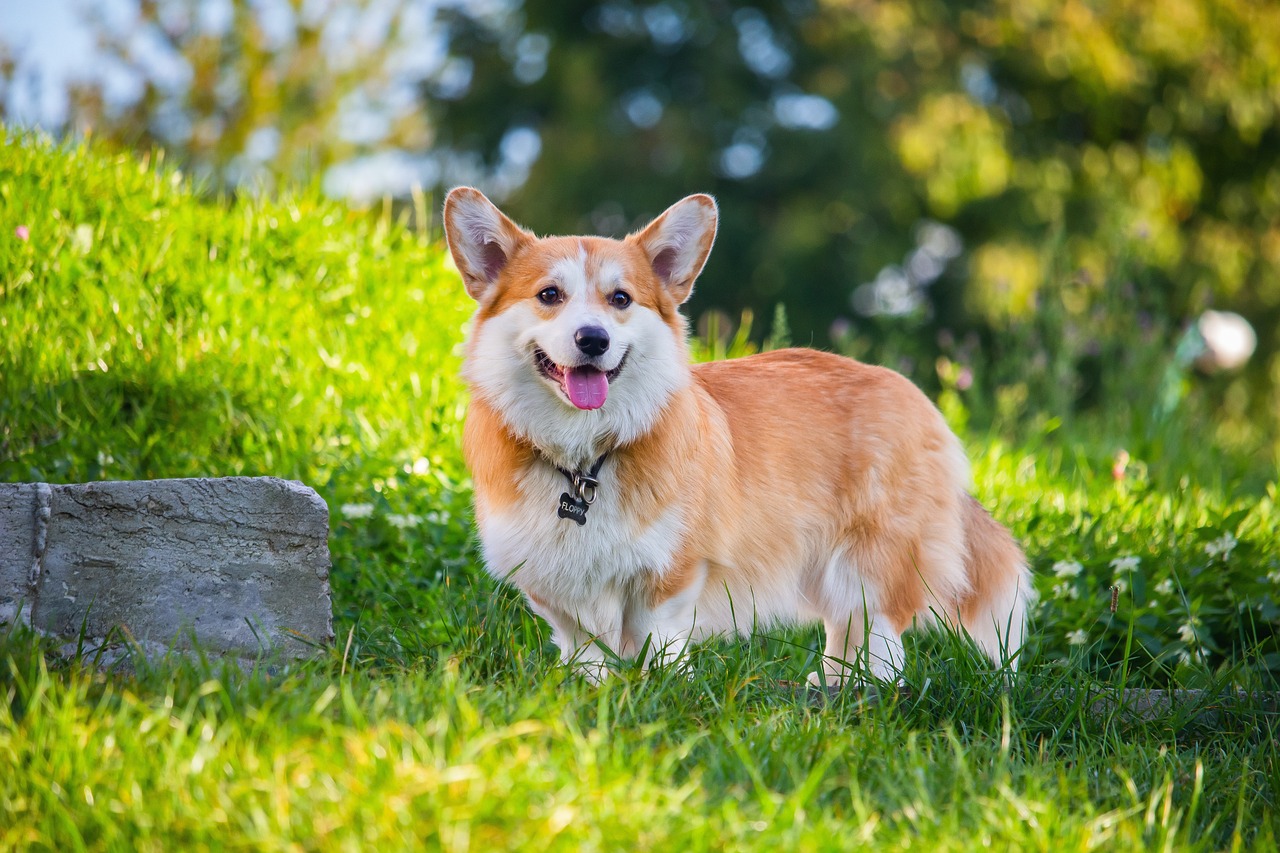
Corgis, with their short legs and adorable faces, has become one of the most sought-after dog breeds in the world. Yet, beneath that cute exterior lies a powerful bite. Let’s delve into the specifics of the Corgi’s bite force and assess whether it’s potent enough to cause pain.
Corgi’s Historical Background and Its Relevance to Bite Force
The Corgi, specifically the Pembroke Welsh Corgi and the Cardigan Welsh Corgi, originated in Wales, UK. Historically, Corgis were employed as herding dogs, responsible for driving cattle to pasture. Given this responsibility, it’s evident that Corgis needed a robust bite force to manage and control the livestock. The Corgi’s bite, thus, is a testament to its herding heritage. Their nipping behavior, which was used to herd cattle, is still visible in many Corgis today, especially when they’re playful or excited.
Understanding the Bite Force: Corgi Vs. Other Breeds
To grasp the bite force of a Corgi, it’s useful to compare it with other dog breeds. Bite force is often measured in PSI (pounds per square inch). Though the exact PSI of a Corgi’s bite hasn’t been measured universally, anecdotal evidence and studies on similar-sized breeds suggest it’s substantial, but not as formidable as larger breeds. For instance, a Rottweiler might have a bite force upwards of 300 PSI. In comparison, a Corgi’s bite force might range somewhere between 100-150 PSI. While it doesn’t match the power of some of the more significant breeds, a Corgi’s bite is still forceful.
Corgi’s Bite Mechanism
Corgis possess a set of sharp, well-developed teeth designed to grip and nip. A Corgi’s bite is a culmination of its jaw structure, muscle development, and instinct. When a Corgi bites, it exerts force from both its upper and lower jaws, pressing its teeth into the object of its bite. Given their herding background, Corgis have evolved to have a bite that’s effective but not necessarily meant to inflict grave injury.
Does a Corgi’s Bite Hurt?
In short, yes, a Corgi’s bite can hurt. Like any dog, the pain inflicted by a Corgi’s bite depends on several factors: the context of the bite, the pressure exerted, and the location of the bite. A playful nip during a game might not hurt much, while a bite delivered in fear or aggression can be painful and might even break the skin. However, it’s essential to note that Corgis are generally not aggressive by nature. Proper training and socialization can significantly reduce the chances of a Corgi biting out of malice.
Preventing Bites: Corgi Training and Socialization
It’s crucial to understand that any dog, including Corgis, can bite under specific circumstances. However, the key to minimizing biting incidents with your Corgi lies in proper training and socialization. Corgi puppies, in particular, should be taught bite inhibition from an early age. This training ensures that even if a Corgi does bite, it knows to control the force of its bite. Additionally, exposing your Corgi to various people, places, and situations can make them more adaptable and less likely to react aggressively.
Conclusion
While Corgis are adorable and often gentle, it’s crucial to remember their powerful heritage. The bite force of a Corgi is a testament to its herding past, and yes, it can hurt if delivered with force. Always approach any dog, including Corgis, with respect and caution. With proper understanding and training, you can ensure a harmonious and safe relationship with your Corgi.
Frequently Asked Questions About Corgi Bites
1. Why does my Corgi puppy bite so much?
Corgi puppies, like many other breeds, go through a teething phase where their gums can be itchy and uncomfortable. Biting or nipping can be a way for them to alleviate this discomfort. Additionally, puppies are also exploring their environment and learning about their world, and they often use their mouths as a primary means of investigation.
2. Are Corgis naturally aggressive biters?
No, Corgis are not naturally aggressive biters. They have a herding background which involves nipping at the heels of livestock, but this behavior is not the same as aggressive biting. However, without proper training and socialization, any dog, including Corgis, can develop unwanted biting behaviors.
3. How can I train my Corgi to stop biting?
Start by teaching bite inhibition to your Corgi puppy from a young age. Use positive reinforcement methods, rewarding them for gentle play and redirecting them to appropriate toys when they get too mouthy. If your Corgi is older, consider seeking the help of a professional dog trainer or behaviorist to address the biting behavior.
4. Is a Corgi’s bite dangerous?
While Corgis don’t have the most powerful bite compared to larger breeds, any dog’s bite can be dangerous if it breaks the skin and causes injury. Corgis can inflict pain with their bite, especially if they bite out of fear or aggression. It’s essential to address biting behaviors promptly and ensure safety for both the dog and the people around it.
5. Do Corgis grow out of their biting phase?
Many Corgis will naturally reduce their biting tendencies as they move out of the puppy stage and teething phase. However, some might retain their nipping behavior due to their herding instincts. Proper training and consistent redirection can help mitigate and manage this behavior as they grow.
6. My Corgi only nips at children’s heels. Why is that?
This behavior is likely linked to the Corgi’s herding instincts. In the past, Corgis were used to nip at the heels of cattle to move them. When they nip at children’s heels, it’s often an attempt to “herd” them. While it’s usually not aggressive, it’s essential to train them to stop this behavior to prevent potential accidents or injuries.
7. How can I differentiate between playful nipping and aggressive biting in my Corgi?
Playful nipping is typically accompanied by other playful behaviors, like a wagging tail, playful barks, and a relaxed body posture. Aggressive biting, on the other hand, may be accompanied by growling, raised hackles, a stiff body posture, and other warning signs like bared teeth or a curled lip.
8. Can toys help in reducing my Corgi’s biting behavior?
Absolutely! Toys, especially chew toys, can help alleviate the discomfort of teething in puppies. For older Corgis, toys can serve as an appropriate outlet for their biting tendencies. It’s always a good idea to redirect unwanted nipping or biting to a suitable toy.
9. Is it too late to train an older Corgi to stop biting?
It’s never too late to train a dog, but it might require more patience and consistency with older Corgis. Positive reinforcement methods work best. If the biting behavior is deeply ingrained, seeking the assistance of a professional dog trainer or behaviorist can be beneficial.
10. Are there any medical reasons that might cause a Corgi to bite?
Yes, sometimes underlying medical issues, like pain or discomfort, can cause a Corgi or any dog to bite. If your Corgi suddenly starts biting or showing aggressive behaviors without any apparent reason, it’s essential to consult a veterinarian to rule out any health concerns.
The post What’s The Bite Force of a Corgi & Does It Hurt? appeared first on iHeartDogs.com.
via Whisker Therapy
